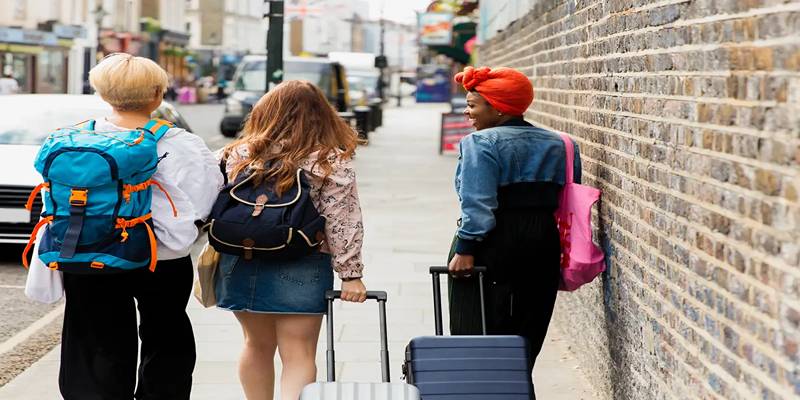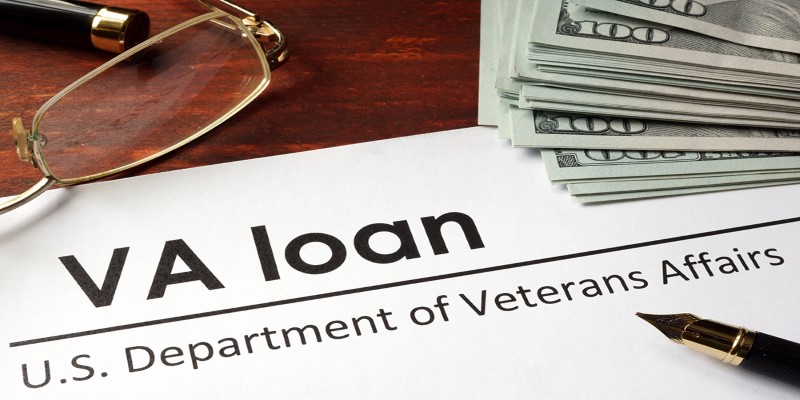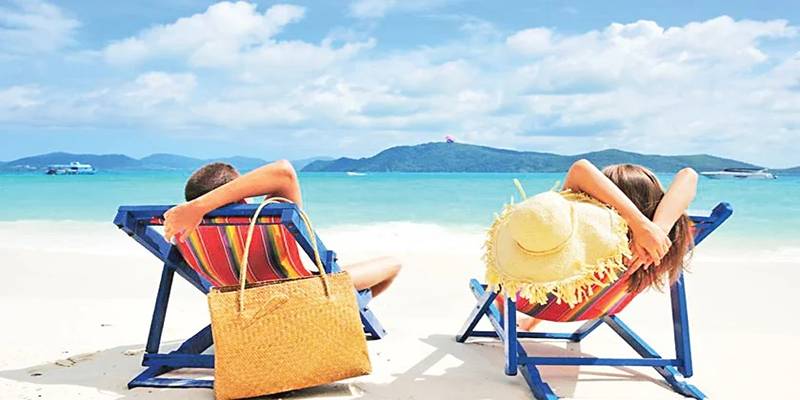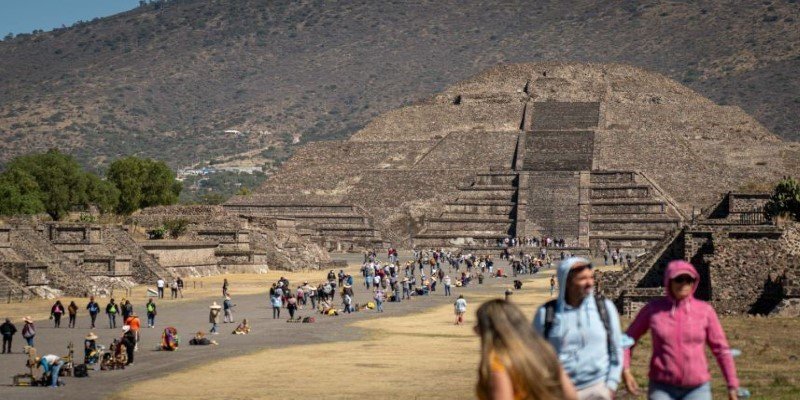Introduction
Travel and vacations are essential for our well-being, offering a much-needed escape from daily routines. They provide opportunities to relax, explore new places, and spend time with loved ones. However, one of the biggest challenges when it comes to planning a trip is managing time.
Whether it's limited vacation days, long travel hours, or the need to balance relaxation with exploration, time plays a central role in how we approach travel. This post will discuss how time affects travel and vacations. This guide highlights how to make the most of the time you have while traveling and how to balance your itinerary with your relaxation needs.
The Importance of Time in Travel and Vacations
When planning a trip, time may be the most important thing. What you do on holiday, no matter how long it is (a few days or a few weeks), can change the whole experience. Some tourists like to relax in one place, while others want to see a lot of different places in a short amount of time.
Time changes how much you can see and do, as well as how leisurely or rushed your trip feels. Knowing how much time is worth is important for planning a trip that you'll enjoy. You can make better decisions if you know whether you want a busy holiday or a relaxing one.
Efficient Travel Planning to Maximize Vacation Time
To get the most out of your vacation, efficient planning is essential. Poor planning can quickly waste valuable time. Here are some strategies for managing your time effectively:
- Choose destinations wisely: Opt for destinations that are closer to home or require less time spent on travel. Direct flights or shorter trips can help maximize your time at the destination.
- Create a flexible itinerary: Having a loose schedule can prevent you from feeling rushed. This flexibility allows you to enjoy the trip at a comfortable pace and focus on the activities you most want to experience.
- Book accommodations in advance: By securing your accommodations early, you save time when you arrive and can focus on enjoying your vacation right away. Staying in central locations can also reduce travel time within the city.
Limited Vacation Time and Its Impact on Travel

Most people only have a short amount of leave time. A lot of people who work don't get many days off a year, while students only get breaks at certain times of the year. This restriction can make you worry about how you should use your time.
It can be hard to decide between a long vacation and several short trips when you only have a certain number of holiday days. Should you go on a short weekend trip or a longer trip abroad? Knowing what matters most to you is crucial. Do not try to see everything in a short amount of time if you only have a few days. Instead, focus on one place.
Balancing Travel Time with Vacation Goals
How you balance your travel time with vacation goals is essential for a fulfilling trip. Should you spend most of your time exploring or focus on relaxing? The balance between seeing sights and unwinding can depend on the destination and the length of the trip.
For example, long-distance travel often means spending a considerable amount of time on flights or in transit. It can take away from your actual vacation time, so it's important to plan your trip accordingly. If you're traveling to a far-off place, you might choose to spend more time in one location to avoid feeling rushed. Alternatively, you may prefer a mix of both relaxation and exploration. It allows you to unwind while still enjoying the highlights of your destination.
Time Zones and Travel Logistics
Traveling across time zones can significantly impact your vacation. Jet lag can make it difficult to adjust to new destinations, especially when traveling long distances. The further you travel, the more likely you are to experience disruptions to your sleep patterns.
It can eat into your precious vacation time. Many travelers find it helpful to arrive a day or two before their activities start to adjust to the time zone and get some rest. Additionally, choosing flights that minimize layovers and travel time can help you make the most of your trip.
The Rise of "Micro-Vacations"

With more individuals unable to take extended holidays, micro-vacations are growing in popularity. These weekend trips provide a break from regular life without taking time off. Busy folks who wish to rejuvenate without a lengthy journey should take micro-vacations.
These short journeys are relaxing and generally include neighboring places, making it simple to explore without leaving home. Micro-vacations include weekend getaways, local retreats, and short road excursions.
The Role of Work and Remote Vacations
In recent years, working remotely has allowed many people to blend travel and work. Remote work can make it possible to take longer trips while still meeting work commitments. Many travelers choose to work while on vacation, staying connected via the Internet and completing their tasks during certain hours of the day.
However, balancing work and vacation requires discipline. Without proper boundaries, working while traveling can lead to burnout and stress, defeating the purpose of a vacation. It's important to set clear work hours and allow time for rest and exploration.
Conclusion
Time plays a critical role in how we plan and experience vacations. Whether it's limited vacation days, long travel hours, or balancing exploration with relaxation, managing time is essential for making the most of any trip. By planning efficiently, choosing the right destinations, and allowing for flexibility, you can ensure that your vacation is both enjoyable and relaxing. After all, a vacation is about recharging and making lasting memories, not about stressing over time constraints.











